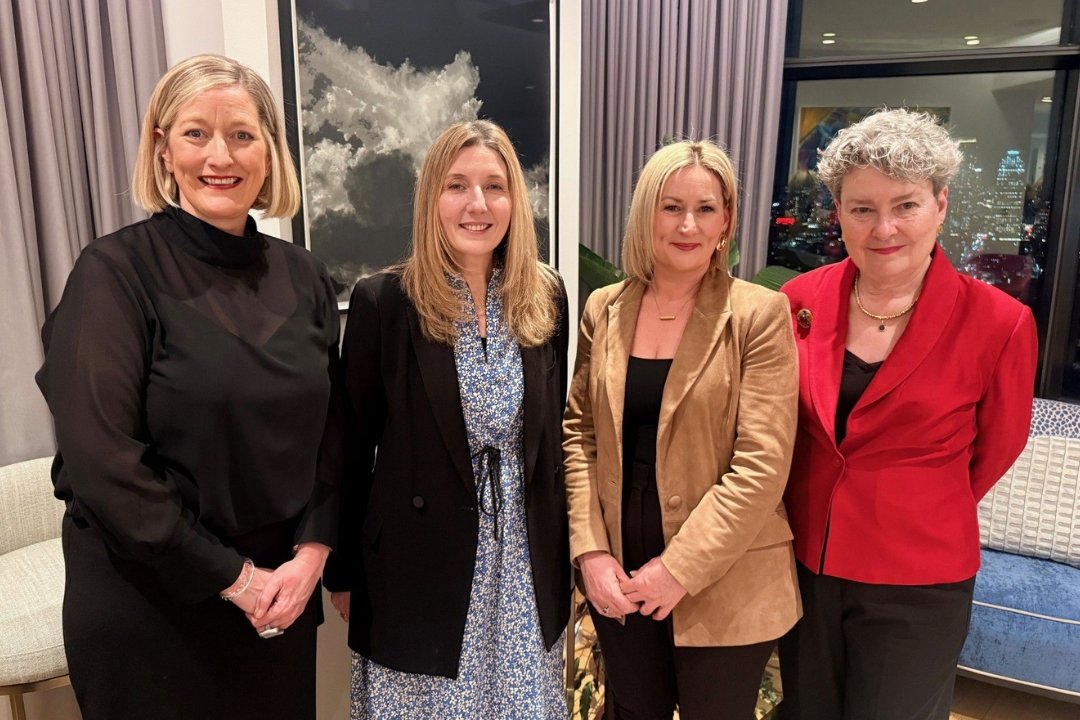When starting BilaBilaMart, Lee Hui Jing wanted to become a disruptor in the retail field and pave the way for herself on the unbeaten path. BilaBila Mart grew up to be to retailing local brands without a presence in the usual brick-and-mortar chain stores at zero cost, serving as a platform for other local SMEs.
Lee’s Childhood and Career Growth:
As seen in dramas, Lee Hui Jing’s childhood was filled with problems and challenges. She started working at the tender age of 15 to earn her own pocket money instead of asking her mother. It was after a lot of rejections that Lee landed her first legal job at 16 at a boutique. She then went on to add a couple of years to her experience working with McDonald’s, The Body Shop, working as a tutor, qualifying as a finalist for the Red Bull Female Driver Search in 2009, and joining a radio station as a road runner.
After a few years of this hustle, she found herself working for the tobacco industry. Even though it wasn’t something that Lee’s personality aligned with, she hung on to this job. With money, Lee also started climbing the corporate ladder, leveraging her skills in sales. Eventually, she understood that it was the right time then to venture out into the world to look for greener pastures.
It was after this that she took the plunge and swam into the insurance industry. With zero basic salaries, it is from here that Lee learned the basics of entrepreneurship.
The Story of BilaBila Mart:
BilaBila Mart was not Lee’s first business venture. She had partnered with one of her friends and started a mart. As the business began flourishing, Lee asked for a share in the business she put her heart into making. Her friend had other plans and never gave her the due share.
After this refusal, Lee partnered with her husband and another business partner and thus BilaBila Mart was born. They also had Exsim Group, a property company, as their investor too. Lee envisioned BilaBila Mart to be a Malaysian version of FamilyMart, filled with a variety of hot foods.
Lee was initially filled with doubt and confusion as the only businessman she knew then was her father and he rolemodeled only failure. To further this chaos, just 2 days after BilaBila Mart was opened, lockdown was announced. A shop full of products and zero footfall – a perfect recipe for failure and loss.
But not the one to give up so easily, Lee began talking about the variety of hygiene products from the Mart on Instagram. Having reached a lot of people, within days Bila Bila Mart began getting queries for hygiene product deliveries. For months together, Lee sat on Instagram, personally fulfilling orders. Even though they weren’t enough to break even, this experience taught her to adapt to the market needs. Thus, BilaBila Mart began selling produce, sauces, and whatnot. This made it a modernized and localized mini-market.
Finding and filling a huge market gap:
Even though BilaBila Mart is a grocer/artisan product mart, they do have a soft spot for small-scale, homegrown brands. This is a market gap that Hui Jing found out and wanted to fill.
Homegrown brands and small-scare brands do not have huge money to shell out in order to display or sell their products in huge chain stores. This proved to be a win-win situation for Lee as the variety in her mart is inviting and these brands get a platform to show their performances.
What lies ahead?
Hui Jing hinted at the company’s future goals, saying that research and development are being done in the hopes of bringing novel items to market. She also disclosed that they intend to open a conceptual trademark store which might include other joint ventures.
Although the business is still largely based in the Klang Valley, they are now able to ship across the country thanks to its Lazada and Shopee outlets. In the future, they intend to physically expand to additional places.
About the stores:
BilaBila Mart outlets are most commonly found in condominiums and residential areas with a few in more expat- and tourist-centric zones like Mont’Kiara and downtown KL.
As an investment in real estate developer Exsim Group, BilaBila Mart will incorporate the “convenience grocer” as a standard element in all of its residential buildings. The business partnership began when Lee and her team approached Exsim about opening the marti in one of its condominium buildings.
The team expanded from three founders to ninety members in just two years, which is quite remarkable considering that a large portion of that expansion occurred during the two years of the pandemic. Lee also attributes her team’s support to the company’s success.
Several additional outlets will open in the Klang Valley and, in two years, Penang, according to the team’s five-year strategy. Its growth strategy will also consider the national expansion as per the intentions of its investors.
Lessons on business from Lee Hui Jing:
Visionary Leadership:
Lee Hui Jing has shown us the importance of having a clear-cut vision about your business venture and the mission set up for it too. Her vision of creating a change in the retail chains in Malaysia is her driving force in entrepreneurship.
Adaptability and Innovation:
Adapting herself, her partners, and her business to the market needs and finding success isn’t an alien concept to Lee. She has been the one to look at market needs and is always the one to look for solutions to fill the gap too. Embracing new technologies and trends has allowed Bilabila Mart to differentiate itself in the competitive retail landscape.
Customer-Centric Approach:
As a business venture, every brand must keep the customer as their main point and give them their needs. This has been the basic mantra of a successful business for ages. Through all the ups and downs and the pandemic too, Bilabila Mart has built a loyal customer base.
Strategic Partnerships:
For Bilabila Mart’s growth, it has been essential to forge strategic alliances with suppliers, logistics providers, and tech companies. Lee Hui Jing’s capacity to produce solid organizations has assisted the organization with scaling quickly.
Resilience and Perseverance:
Overcoming obstacles and disappointments is essential to being an entrepreneur. Bilabila Mart’s growth from a startup to a major force in the retail sector may be attributed in large part to Lee Hui Jing’s tenacity and fortitude in the face of difficulty.










